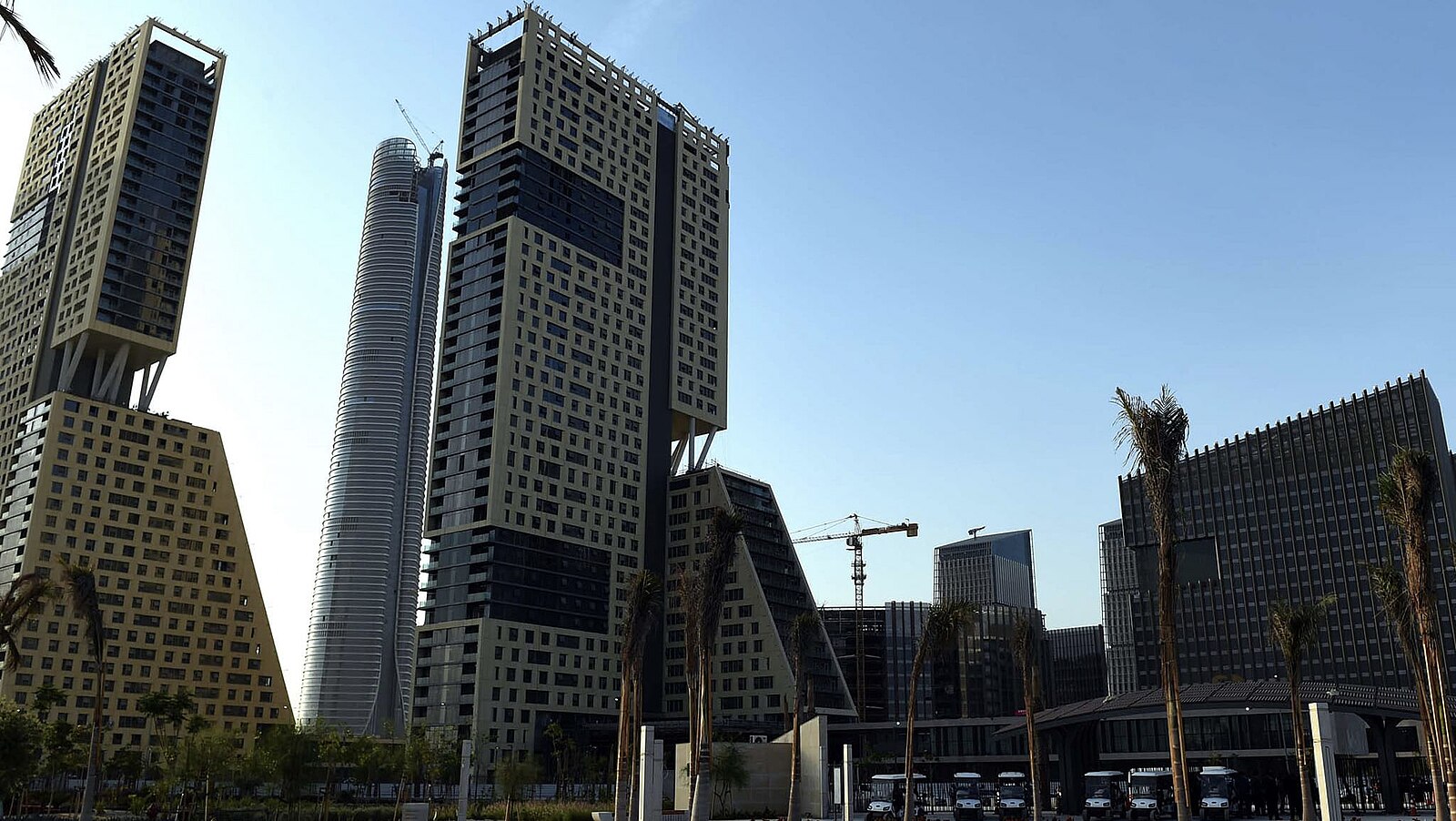
President Abdel-Fattah el-Sisi of Egypt was sworn in for a third term April 2 after being re-elected in a December vote in which he faced no serious challengers. He took the oath of office before parliament, which convened in the New Administrative Capital in the desert outside Cairo. El-Sisi won by 89.6% of the vote in the election, running against three virtually unknown opponents. First elected in 2014 (after coming to power in the previous year’s coup d’etat), then re-elected in 2018, el-Sisi was allowed a third term under constitutional amendments passed in a 2019 referendum. In addition to allowing a third run, the reform also extended his terms from four to six years. Another such reform allowing him to stay in office beyond 2030 has been broached. (Poitico, Al Jazeera)
Egyptian authorities ramped up repression against political opponents, peaceful protesters and other government critics ahead of the elections, Amnesty International charged. In the two months before the Dec. 10 vote, authorities arrested and interrogated at least 196 individuals due to their participation in unauthorized protests, as well as allegations of engaging in terrorism-related activities and spreading “false news.” Authorities also launched prosecution of opposition politician and former presidential hopeful Ahmed Altantawy and members of his electoral campaign “in retaliation for exercizing their rights to political participation and to freedom of expression and association.”
Altantawy was convicted in February—along with 22 of his aides, including his campaign manager. All were sentenced to one year in prison on charges of unauthorized electioneering activities. The court also barred Altantawy from national elections for the next five years. Other opposition candidates were also barred from the presidential race. (AP)
Photo: Abdelrhman 1990 via Wikimedia Commons




